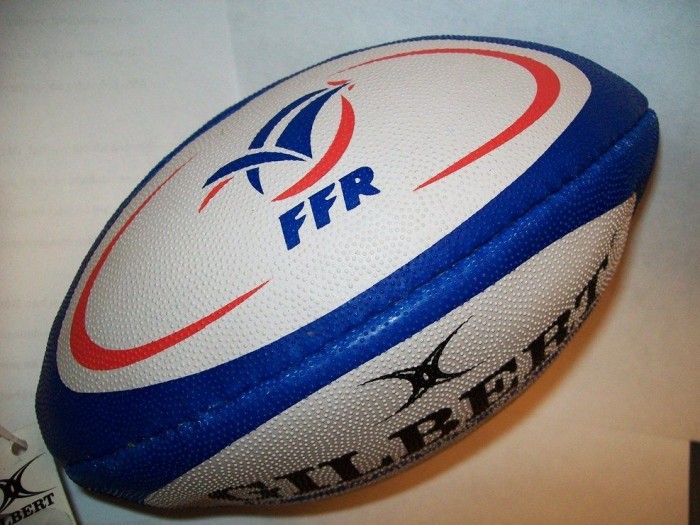Crisis in French club rugby
The length, intensity and cost of the Top 10 club championship in France has been a growing issue - but a radical new structure proposed by the FFR is meeting huge opposition from the clubs.
Published by John Birch, July 13th, 2013
5 minute read

While very competitive, the French "Top 10" has not been without problems in recent years. The cost to clubs from playing up to 20 matches across a country as big as France is significant - and almost terminal for some clubs. National coaches have also complained about the depth of quality within the competition, as well the access to players from a league running from September to June (or even later some years).
However a restructuring voted through by FFR's Steering Committee at the end of June has resulted in unprecedented - and united - opposition from all clubs, who have even gone for far as to publish an open letter to the FFR outlining their opposition.
The new plan is a radical change by any measure. A single 10 team league, with a four team play-off, will disappear.Instead the 10 teams will be divided into two pools of five, with home-and away quarter-finals, semi-finals and a single final. There will also be ranking games for quarter-final losers.
So instead of a guaranteed 18 games,with up to two more play-off matches, French clubs are being offered as few as eight games for two teams, and a maximum of only 13 for the finalists.
In addition, finishing bottom of a pool will result in relegation, with a third team from the unsuccessful quarter-finalists playing off. Only one team will be promoted, so that from 2014/15 we will just have a Top 8.
Other major points are:
* The pool phase being played between September and December.
* There will be no rugby for nearly two months, from December 22nd to February 16th
* The quarter-finals will then be played in the middle of the Six Nations (16th February and 2nd March)
* There will then be five week gap before semi-finals in April.
The clubs have raised several practical objections - such as the threat of relegation after only eight games leaving no room for experimentation, training, or the introduction of new players; the fact that two teams' seasons will be over by the end of December; and the lack of access to players from the national team when preparing for the quarter-finals.
They also question how they will be able to keep players at a high level of preparedness with such long gaps, and the effect such a disjointed season will have on followers of the game (some women's clubs in France having a following that many national teams would envy). A loss of both players and support staff is feared, while the lack of regular income may threaten the survival of some teams
However, their biggest objection is that the reform was introduced at a meeting with no prior consultation (unlike when men's rugby was restructured), by a committee only three of whose 40 members were women.
The clubs have attempted to arrange a meeting with M George Duzan, vice-president in charge of amateur rugby France, without success. The clubs have therefore taken their objections to Ministry of Sport and Ministry of Women's Rights, and are threatening other undisclosed actions.
At the moment, while a full fixture lists for all other federal tournaments - including the women's second division (which is unchanged) - have been published, no dates for next season's women's Top 10 have been issued by the FFR - indeed the FFR have made no official announcements on their website. There would therefore still seem to be some room for compromise - if the both sides wish it.
However, similar reforms in Ireland last season co-incided with an Irish Grand Slam, and it seems clear that the main beneficiary of this will be the national team, who will have far more access to the leading players, including - and perhaps crucially - six weeks more at the end of the season in the lead up to the World Cup. It also seems that preparations for Rio 2016 are behind the desire to drop down to a top division of just eight clubs
On the other hand, reasonable though these aims may be, the heavy-handed way the reforms have been introduced has hugely upset - and united - all 10 clubs, and historically the clubs have had far more power in France than in most other countries. If they do not agree to the changes can they go ahead? With a new season due to start in less than 10 weeks there is very little time to sort things out.